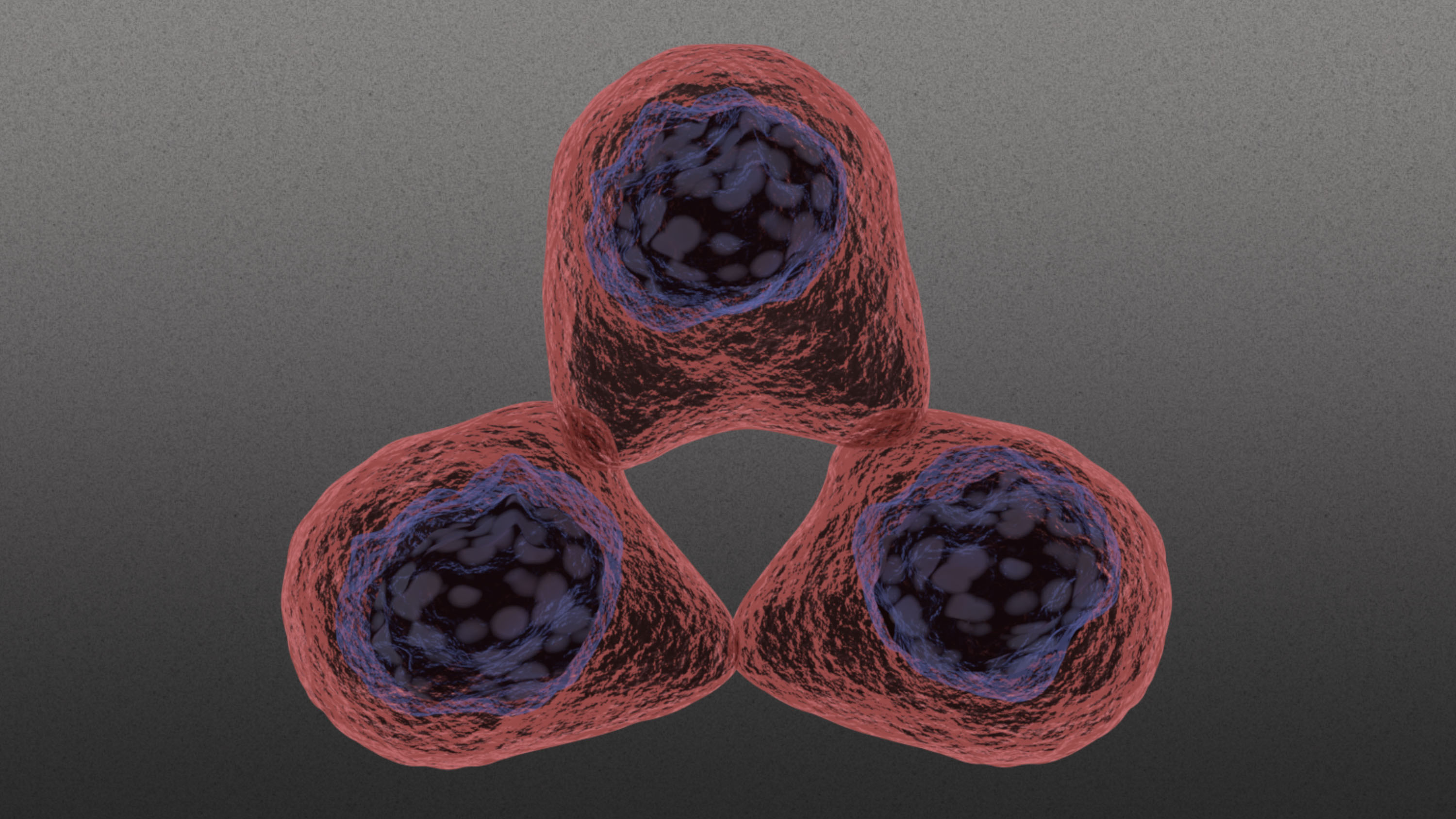A new angle on immunotherapy
Cancer cells injured by chemotherapy can be harnessed to unleash the immune system against tumors in mice.

Immunotherapy offers the promise of stimulating the body’s immune system to destroy tumor cells, but it only works for a handful of cancers. MIT researchers have now discovered a novel technique that they hope could enable it to target more types.
The surprising key to the approach is using chemotherapy to injure cancer cells without killing them. Led by professors Michael Yaffe and Darrell Irvine, the researchers remove tumor cells from the body, treat them with existing drugs, and then place them back in the tumor. When delivered along with drugs that activate the immune system’s T cells, these injured cancer cells appear to act as a distress signal that spurs the T cells into action against the tumors. Chemotherapy drugs that cause DNA damage are especially well suited for this type of treatment.
In 40% of mice with melanoma and breast tumors, the treatment completely eliminated the tumors. And when the researchers injected cancer cells into these same mice several months later, their T cells recognized them and destroyed them before they could form new tumors.
“When you create cells that have DNA damage but are not killed, under certain conditions those live, injured cells can send a signal that awakens the immune system,” says Yaffe. He hopes to test the approach in patients whose cancers have not responded to other immunotherapy.
Keep Reading
Most Popular
How scientists traced a mysterious covid case back to six toilets
When wastewater surveillance turns into a hunt for a single infected individual, the ethics get tricky.
The problem with plug-in hybrids? Their drivers.
Plug-in hybrids are often sold as a transition to EVs, but new data from Europe shows we’re still underestimating the emissions they produce.
What’s next for generative video
OpenAI's Sora has raised the bar for AI moviemaking. Here are four things to bear in mind as we wrap our heads around what's coming.
Stay connected
Get the latest updates from
MIT Technology Review
Discover special offers, top stories, upcoming events, and more.